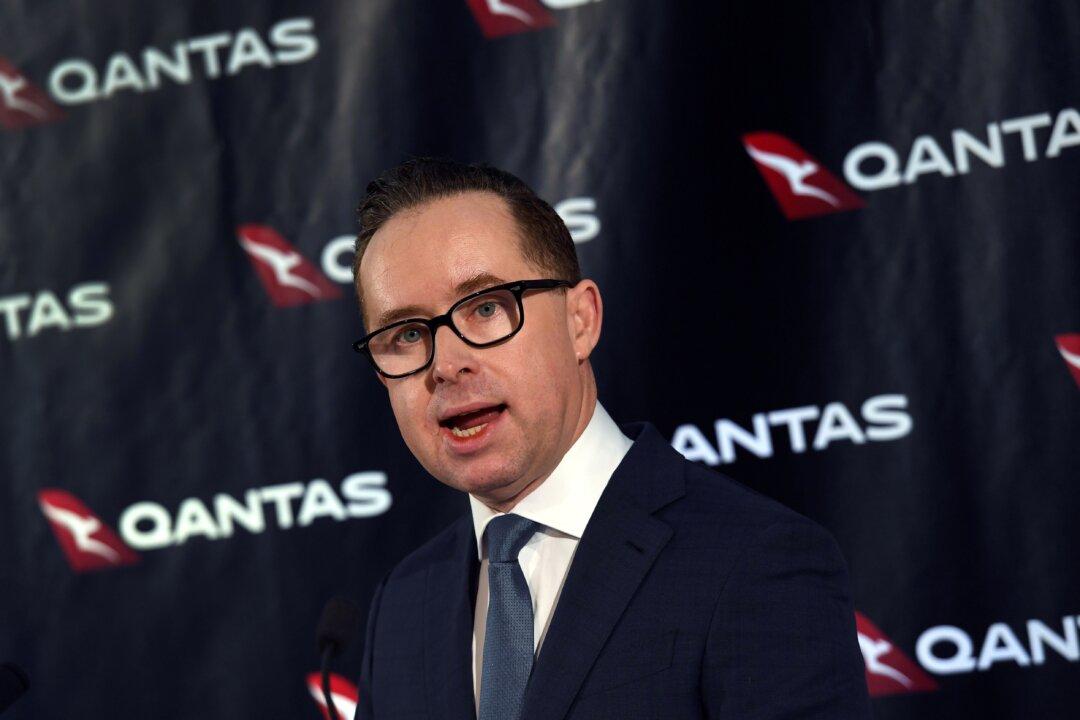Former Qantas CEO Alan Joyce—who brought forward his planned November departure to September as legal scandals and public anger engulfed the airline—has had his total remuneration for 2023 cut by $9.3 million (US$6.1 million).
The decision by the company’s board comes in the wake of an internal review that found “considerable harm” had occurred under his leadership, which began in 2008.





